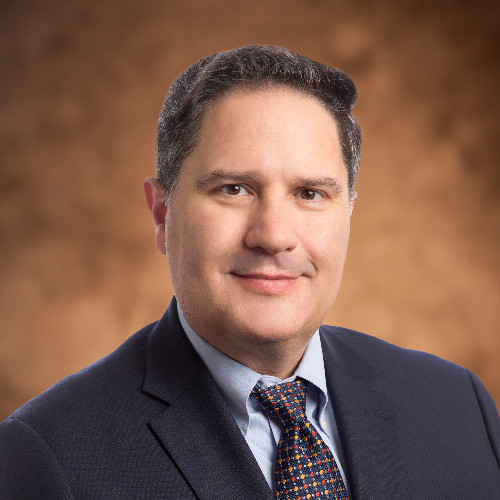Finding the right kind of talent is a huge aspect of running a successful business. And it’s one of the biggest jobs on the plate of Juan Perez, the Chief Information and Engineering Officer for UPS.
In his second appearance on the IT Visionaries podcast, Juan joins host Ian Faison to discuss the intricacies of finding, engaging, and recruiting talent – and the importance of building a diverse workforce. He explains that, in doing so, you will not only come to better solutions – you’ll do so more quickly, and in a way that addresses the needs of a wider variety of customers.
Here are the major takeaways from the conversation.
Being purposeful in finding diverse and elite talent:
Juan is adamant that diversity influences the way technology is built to fit the needs of a large variety of customers.
“In IT and engineering, we believe a diverse and inclusive team drives innovation faster,” he says. “It helps us get to the answers we need to the complex problems that we’re dealing with much quicker and much more effectively than if we only have one perspective.”
He also maintains that having a sharp focus is key to finding the best people. If your target is too large, your results will be too scattered to yield results. UPS has narrowed its focus and has become more actively engaged with specific universities and pools of talents, using them to have a meaningful conversation with potential hires. Additionally, they discovered that it isn’t enough to simply send recruiters to recruiting fairs — UPS also sends real employees doing the kinds of jobs they are hiring for in order to provide direct experience to candidates. There is also a focus on company culture, and Juan and his team are committed to finding people who are the right cultural fit for the company. It’s important that, when someone joins the team, they are comfortable and entering an environment where they can thrive. This will lead to more productivity – and it will also it will foster an environment in which employees want to stay for a long time.
Creating an environment in which employees can grow:
The trajectory of employees has changed. There is more opportunity for employees to be working on large, impactful projects early on in their careers.
“Even entry-level positions in our company, those individuals, very quickly, have the opportunity to work on very meaningful projects that will have a significant impact on the organization today, and in years to come,” Juan says.
But those opportunities aren’t just project-based. Employees have the chance to really grow their skills – and their career – thanks to the emphasis UPS has placed on training and job growth.
“You have to create an environment where people feel that they’re learning,” Juan says. “The vast majority of engineers and IT professionals we hire in the organization are continued learners. They’re hungry to learn, and understand more about the company and about engineering. And if you don’t create an environment for them to do that, you miss a huge opportunity.”
The most critical time for a recruit is the first couple of years in a new organization. If those years are not successful – and if employees don’t feel valued or connected with the organization – you miss out on incredible talent. To combat this, UPS offers a number of training programs and resources to engage their employees.
For more insights, listen to the entire interview here.



